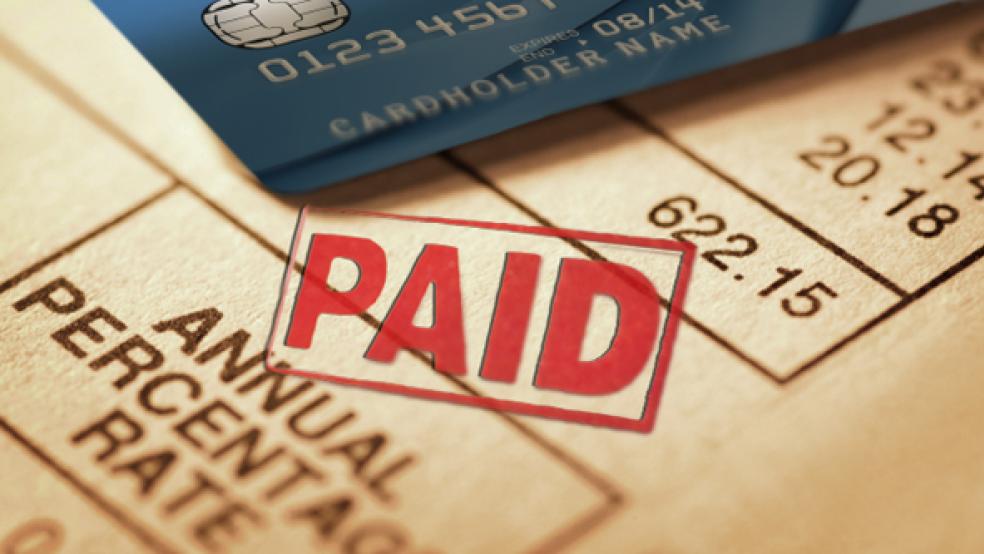As a Citibank customer, I have been receiving my credit score on my statements since January. In February, my number went down five points, leaving me wondering: What did I do wrong?
There are still some mysteries in the world of credit scores, which financial institutions use to determine whether to give a person a loan and how much to charge for it. But the biggest unknown - what is your score? - has been solved.
While consumers could get their credit reports for years at no charge, their scores were not available, or they had to pay for them. In the past year, however, more than 60 million Americans suddenly were able to get either their FICO score, provided by the Fair Isaac Corp, or their VantageScore, from a system developed by the credit reporting bureaus.
Related: 8 Personal Finance Questions Most of Us Flunk
Among the other financial institutions giving out scores each month are Ally, Chase, Bank of America, Barclays, Discover and USAA.
"I keep this growing list of all of the free credit-related services that are now being given away from websites and credit card issuers," says John Ulzheimer, president of consumer education at CreditSesame.com. "It's cool to see the momentum."
The push for open access came from both market forces and the U.S. government. The hope is that consumers with ready access to their scores will make smarter financial choices, like not paying bills late.
So far, so good. "The anecdotal evidence we're seeing from both lenders and consumers indicates people who know their FICO Scores tend to develop healthier credit habits than people who don't know their scores," says FICO spokesman Jeff Scott.
Discover, which has provided about 10 million scores a month for the past year, has seen customer questions evolve from basics to the minutiae of the many factors, such as your payment history and the amount you owe, that drive the credit score algorithm. The company added a specially trained customer service unit to deal with questions, says Discover President Roger Hochschild.
Related: Making Sense of Your Retirement Income Choices
What consumers generally need to know is that credit data is collected by three reporting agencies - Equifax Inc, TransUnion Corp and Experian Plc - and there are a range of scores generated. Car dealers may use a slightly different score than mortgage lenders, for instance.
Most people will find that their scores do not shift much, month to month. At Discover, 80 percent see a move of less than 20 points a month, according to Hochschild. Also, most volatility is at the high end, above 775, on scores that top out at just above 800. But that in itself is nothing to worry about. "When you move from 790 to 750, you're still in the great range," Hochschild says.
A score below 600 is considered bad, while roughly from 620 to 690 is average.
My score probably fluctuated because of some big charges last month. Even though I paid them off in full, it would have lowered my available credit temporarily.
Affect Change
Whatever score you see you on your monthly statement will be a good indicator of your general creditworthiness. If it shocks you, you can take action. Order full copies of your credit reports to see the details. You can get one free report annually.
Related: 10 Surprising Tax Deductions in 2015
Do not bother calling the financial institution providing the score, as you are unlikely to get much detailed information, says CreditSesame's Ulzheimer.
Sometimes a low score is simply a mistake or a matter of one reporting bureau not aligning with the others. This happened to Kevin Yuann, director of credit cards at Nerdwallet.com, a credit card information website. He found that one bureau did not have a listing of an account the others had, so it gave him a lower score. He was able to get the bank to report the account to the credit bureau.
You will not be able to change an item like a ding for a late payment. But it is useful as a deterrent for the next time.
In fact, Discover's Hochschild thinks this might be one of the most valuable things about ready access to one's credit scores: "It's like knowing your cholesterol."




